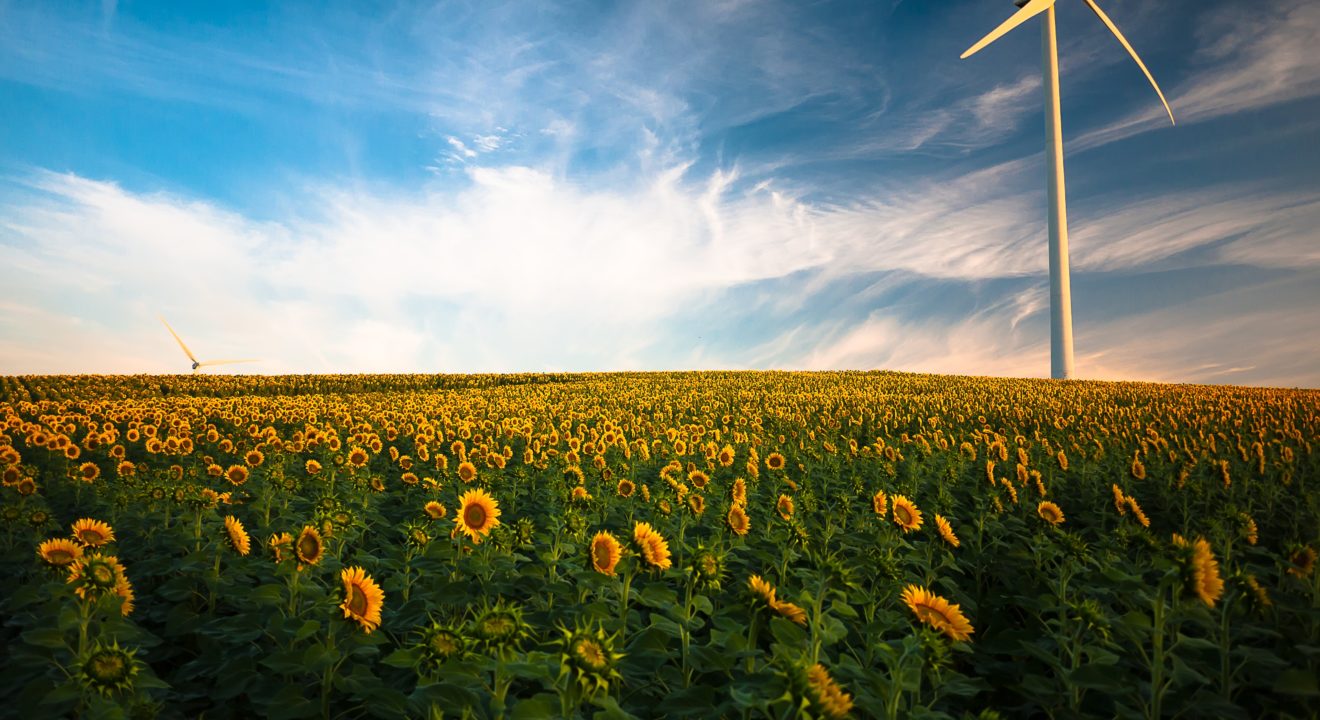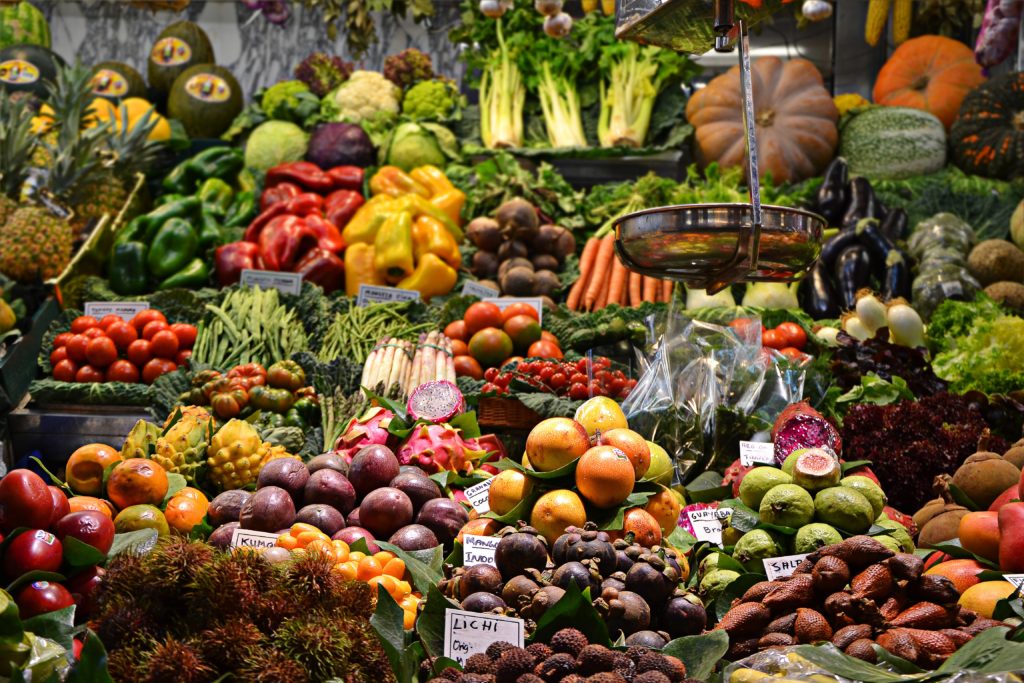Sustainability July 30, 2019
Who doesn't want to be a world-saver?


For decades, scientists have been talking about the phenomenon of climate change. Activists have been trying to shine light on the issue. People have moved on with their lives as if nothing was happening.
This decade is the decade for change! More and more people have become aware of how big a problem climate change is. People have chosen to change their lifestyle to environment-friendly living. And these people care about the climate. This is a step in the right direction.
In American households alone, 1 trillion gallons of water is wasted every year, according to the Environmental Protection Agency (EPA). The Ocean Conservancy assumes that more than 150 million metrics of plastic can be found in the ocean, and one-third of the food produced for human consumption each year is wasted, says the Food and Agriculture of the United Nations (FAO). That is roughly around 1.3 billion tons of food!

Sustainable living is important because it meets the need of the current generation without compromising the needs of the next generation. Becoming more aware of conserving food, energy and water, among other things will help the next generation to have resources as well. Therefore, through a sustainable living, we can essentially save the earth – wouldn’t that be awesome? And another great thing about sustainable living? It will essentially benefit you and your bank account as well!
To live a sustainable life does not necessarily mean to cut down on everything. You do not have to become the new Greta Thunberg (even though she is awesome), or go vegan overnight. You can still use transportation and buy clothes. Living a sustainable life, however, means to cut down where you can by becoming more aware of the environment and the surroundings you live in.


Sustainable living has benefits for yourself, the environment, AND your wallet. Yes, you can actually save money by living a more sustainable life. Here are five things you can do in your every day life, in order to become more eco-friendly!
Start implementing these five tips into your life, and soon it will be a natural habit for you. No longer will you think about turning off the lights when walking out of a room you will just do it. You will compost the leftover vegetables, and you will cut down on paper straws – unconsciously. Sustainable living is all about the small eco-friendly choices in your life that makes huge differences on the overall environment.
You can learn a lot more about sustainability and sustainable living by visiting our sustainability section. But watch out, you might end up turning into a completely eco-friendly-let’s-save-the-world type of person.